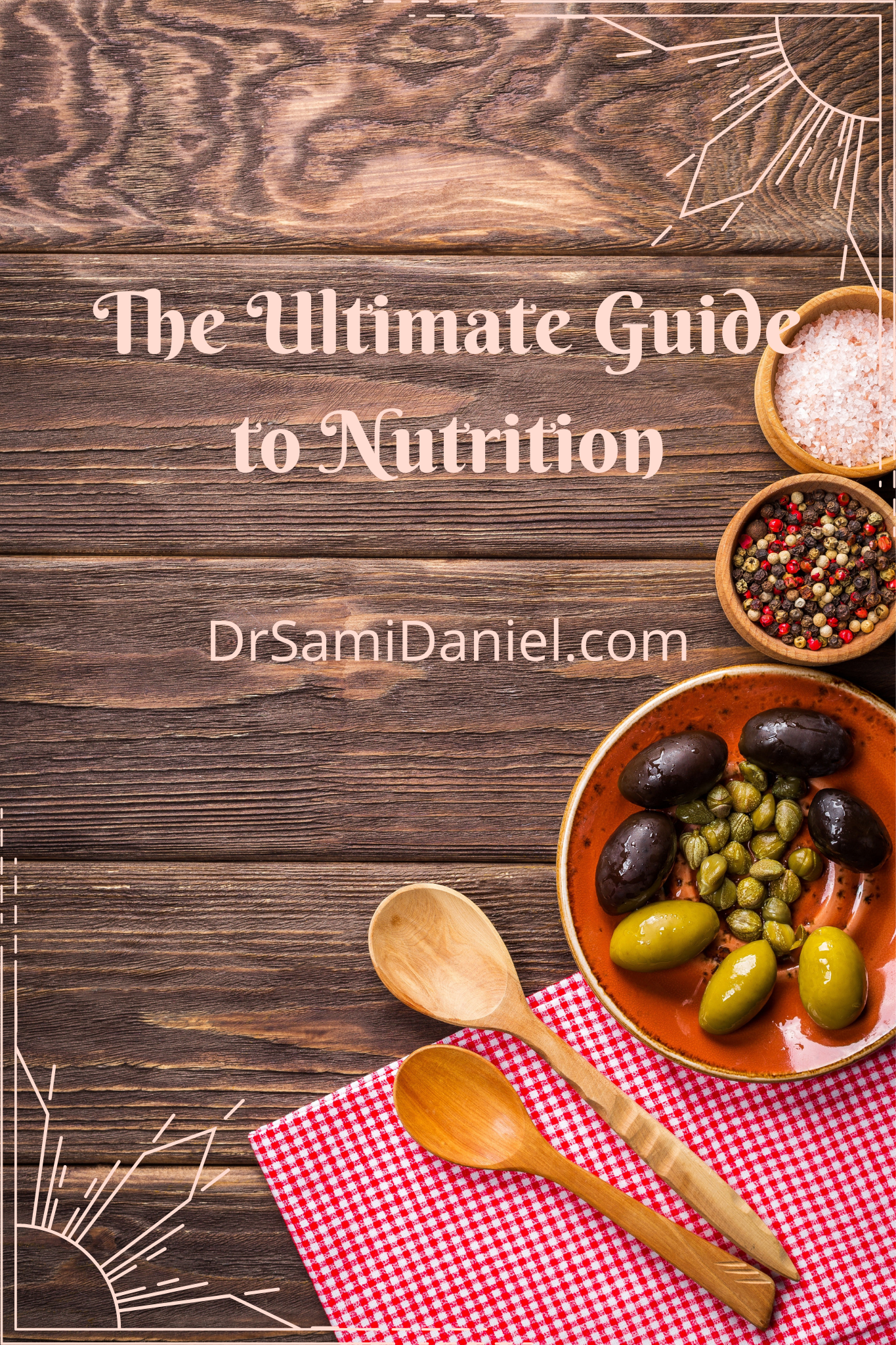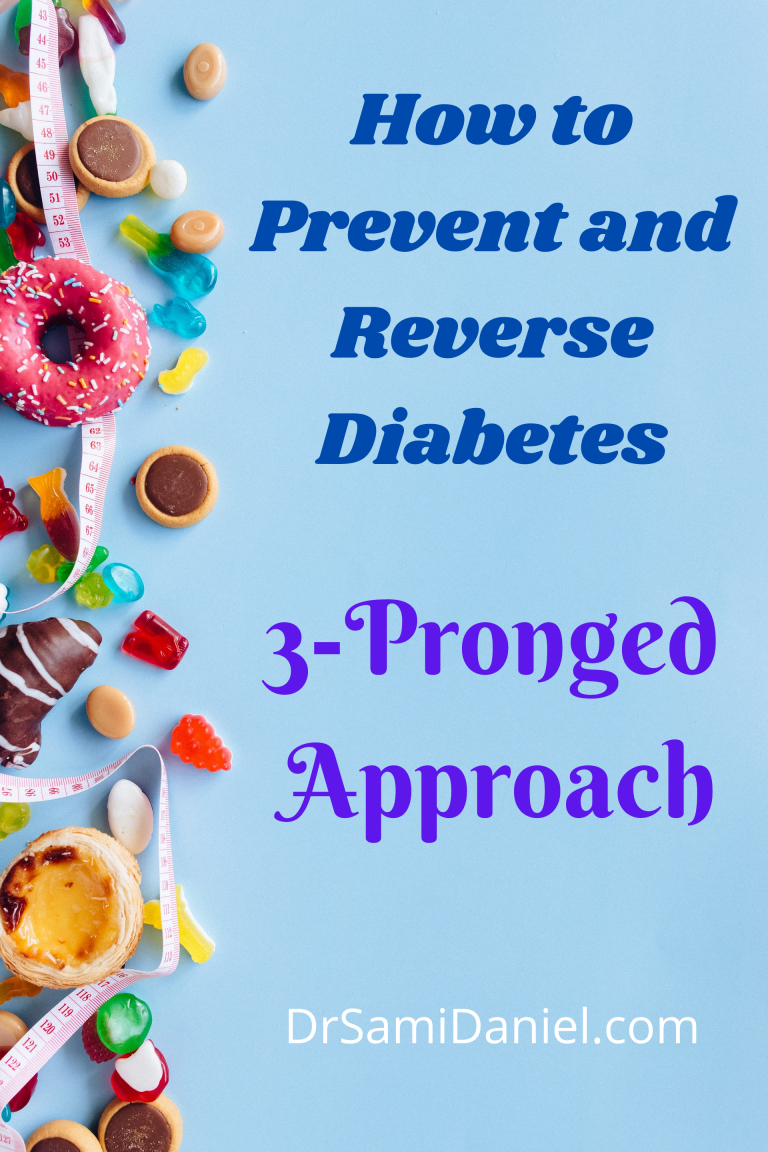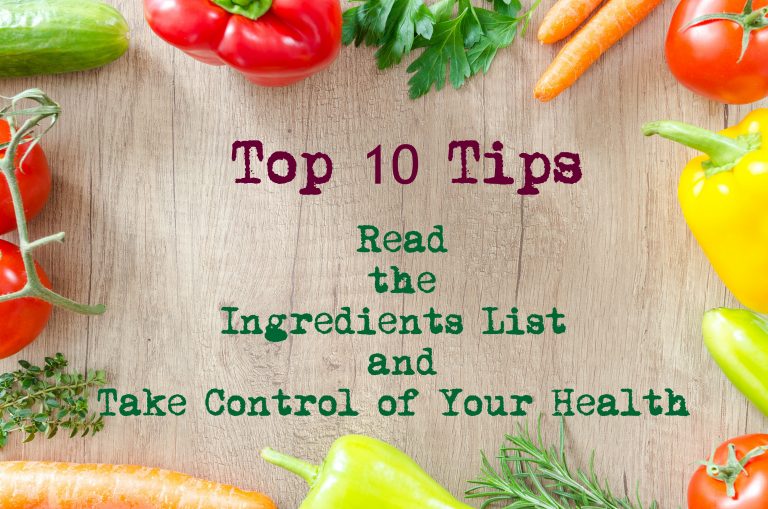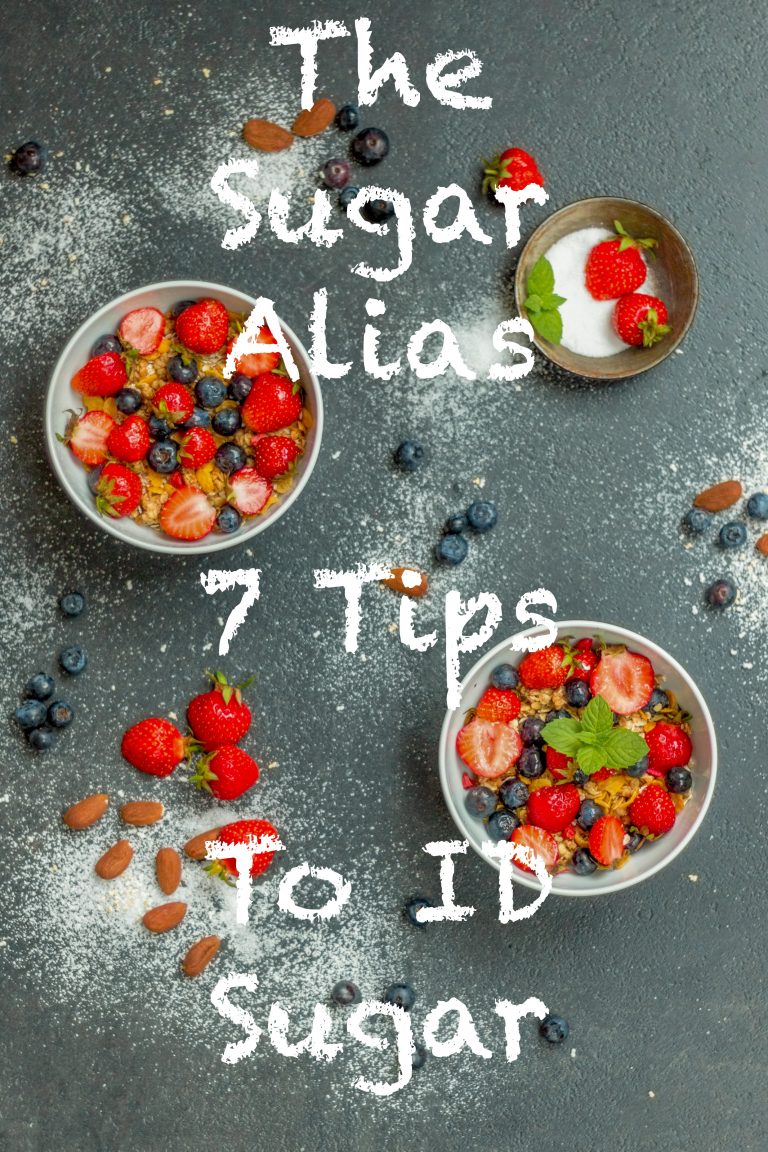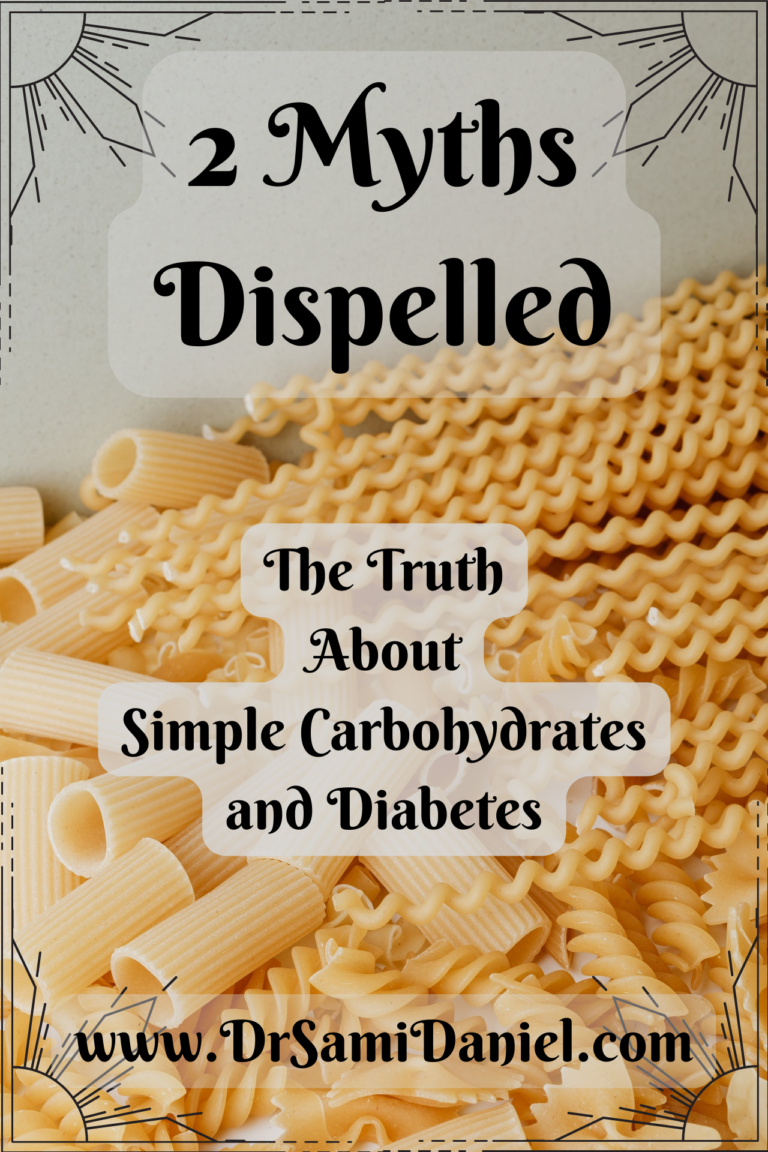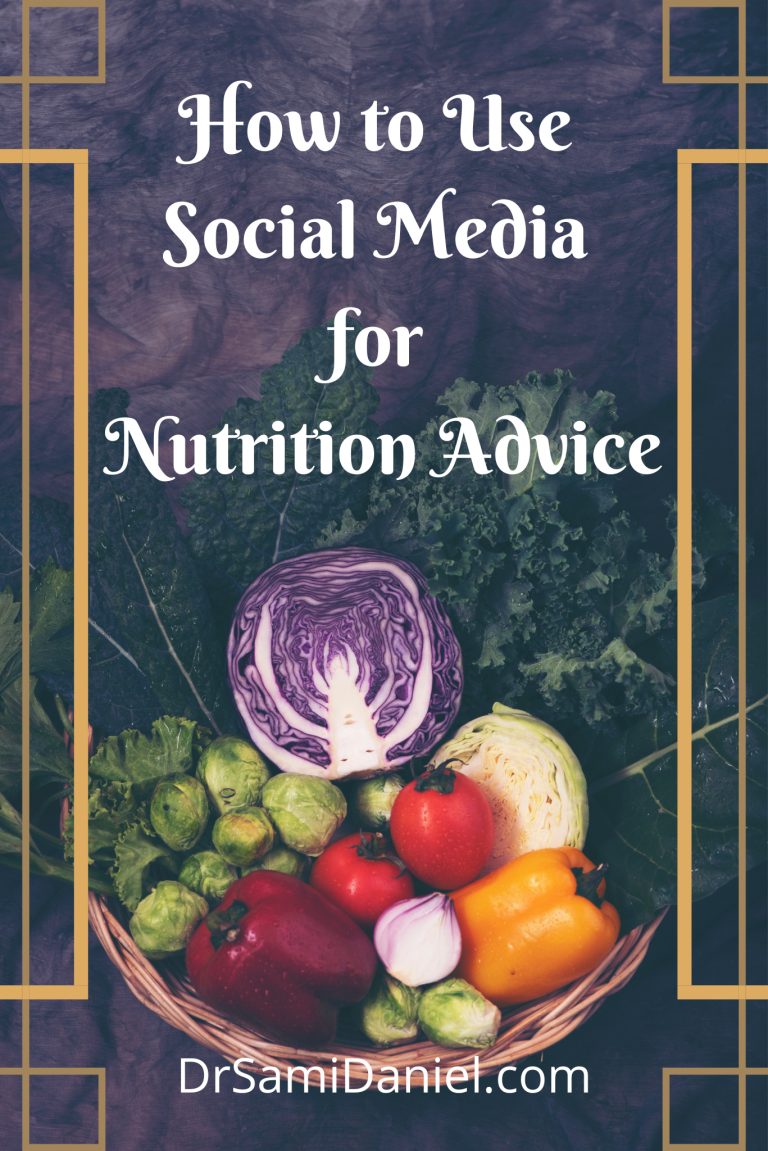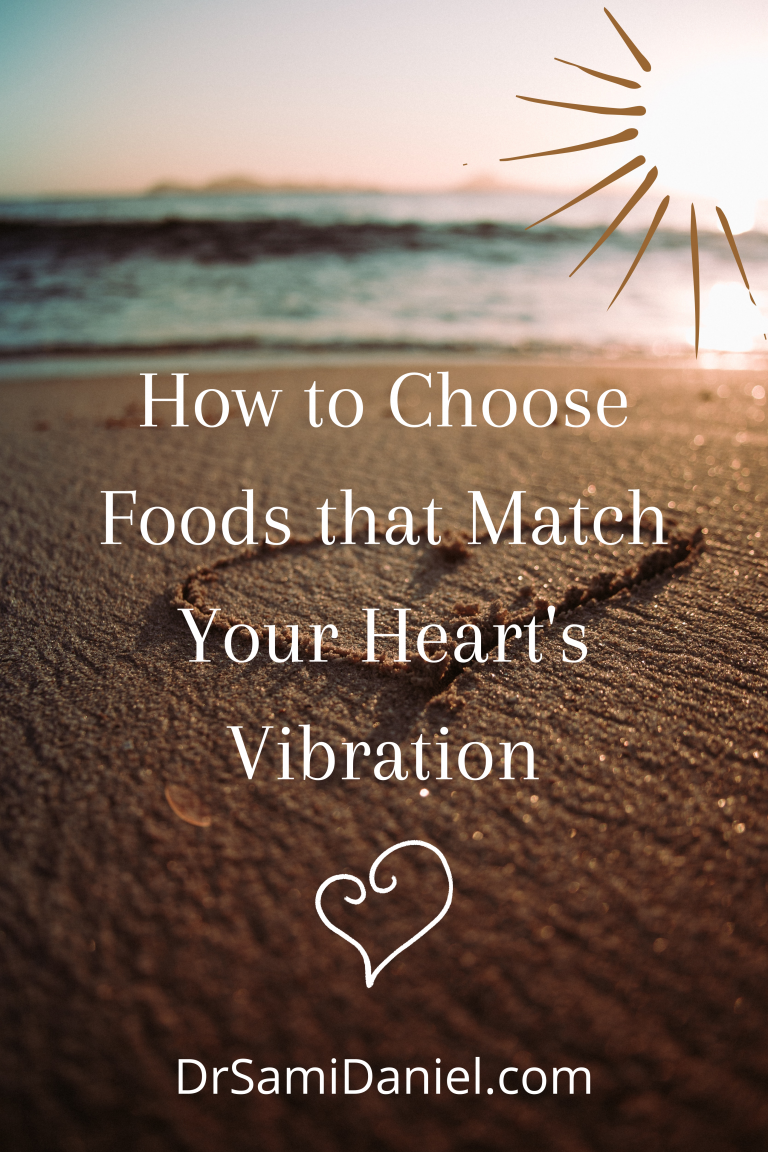The Ultimate Guide to Nutrition
The Basics of Nutrition
Nutrition is actually simple.
3 macro nutrients – Carbohydrates, Proteins, Fats
Main micro nutrients – Vitamins, Minerals, Electrolytes, Antioxidants
Calories – the amount of stored energy a food can release.
Carbohydrates ≈ 4.6 calories per gram
Proteins ≈ 4.2 calories per gram
Fats ≈ 9.1 calories per gram
Alcohol ≈ 7 calories per gram
That’s basically it.
These are the nuts and bolts of nutrition.
Now this is an extremely simplified understanding. But I personally had to start somewhere.
And this basic knowledge helped me lay the groundwork to build upon.
This was the foundation of all the knowledge and understanding to come.
These were the essential building blocks of life, and so I thought there’s no better place to start learning than at the ground floor of all foods.
I started paying attention to the nutrition facts and the ingredients list.
Everything else stemmed from there.
Different Types of Food & Nutrition
Things get complicated for some reason. But that’s not necessary.
People always have various perspectives and view things in a different light, then share it with the world.
Even scientific studies have been done on optimal diets which have been proven. And we believe it because it’s science!
But there are a lot of different types of foods, diets, and nutrition.
So what do we do when we’re at the grocery store and trying to figure out the difference between
We find the best balance of nutrition for our own bodies.
Often, we don’t have to go looking for it. Our bodies will tell us what is right.
So rather than looking for the right foods, we should look towards ourselves and see how our bodies respond to what we eat.
Our bodies cannot be fooled by marketing, flashy branding or clever names of ingredients.
Our bodies only care for two things:
1. Does this food contain essential nutrients?
2. Are the nutrients accessible in the way most appropriate for me?
Often, both are checked off the list by whole foods.
At best, processed and packaged foods may check off only one of these. Because while they may have excellent nutrients, they may not be absorbed in a balanced fashion.
Nutrition Topics & Tips for a Successful Diet
When it comes to nutrition, the underlying question is almost always, “What is the best diet to lose weight and be healthy?”
After all, why eat healthy or starve yourself of things you love if you cannot reap the rewards of a flattering and more desirable physique?
So we hear about all kinds of diets that seem to promise exactly that.
Vegetarian, vegan, meatarian, Mediterranean, fruitarian, pescatarian, keto, paleo, and on it goes.
All in an effort to find that diet which has the perfect balance of including foods we love while giving us the body we want.
But when you eat for health, the body will follow.
There is no magic diet, and therefore there is no magic trick.
Eat well to be well. Be well to look well.
So how do we know if we are eating well? We take our cues from the way our body responds to the food we provide it.
In other words, we tune into our bodies.
How to Make Healthy Choices in Your Daily Life
Here’s a secret I haven’t seen in any diet book I’ve read: Your body knows what it needs to be healthy.
It needs no input from you or anybody else.
It knows the difference between an apple and an orange.
It knows the difference between an apple and apple sauce.
It knows the difference between an apple and apple crisps.
It is your responsibility to pay attention to how your body responds to each.
If you do not, your body will not function at peak efficiency.
But if you take the time to notice the signs your body gives you and follow your internal guide posts, you will feel full of life and energetic!
Some negative responses include fatigue, feeling tired, fast heart rate, a change in bowel habits, bloating, vision changes.
These are only a few ways your body signals that it did not like what you ate.
If you experience these symptoms, you should get checked out by your Doctor in order to figure out if there is an underlying problem such as high blood pressure, diabetes, or thyroid dysfunction (just to name a couple things).
But assuming that everything checks out with your Doctor and you continue to experience these symptoms, keeping a food log may benefit you to determine what foods make your body react.
Make a log, find the pattern, and eliminate the problem.
Or if you really like the food in question, at least cut back on your intake to give your body enough time to recover.
Conclusion
Nutrition is simple. Food is simple. Your body likes what it likes.
Pay attention to how your body responds to food and use a log or journal to help you keep track.
Your Doctor will help you on this path to health.

